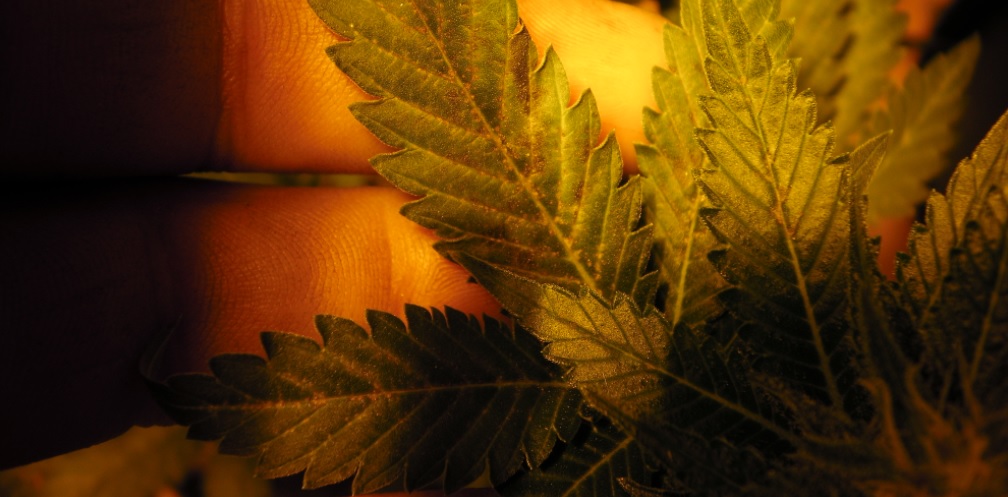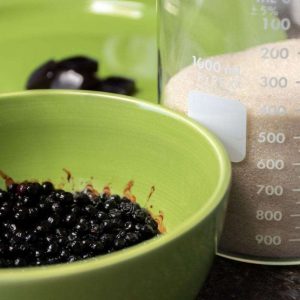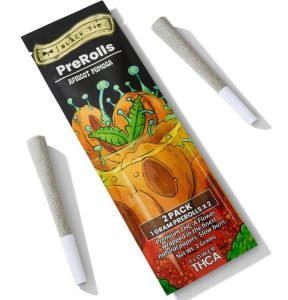How to Get Rid of Yellow Spots on Cannabis Leaves

Cannabis plants are like any other crops when it comes to possible risks that will harm them. By dissecting cannabis plants’ anatomy, roots are the most sensitive of all and will often be targeted by perilous objects. But, by spotting what’s wrong, especially with leaves that receive the most damage, there’s a way to cure the problem.
One of the most recurring issues of the crop is the yellow spots on cannabis leaves. These occurrences are not just an ailment but an indication that something else, perhaps bigger and more critical, is about to damage the cannabis plant.
Yellow spots on cannabis leaves are commonly taking place, and expert growers may already have a slight idea to get rid of it. However, if you’re new to gardening and yellow spots on cannabis leaves are unfamiliar to you, here are ways to get rid of it.
What are Yellow Spots on Cannabis Leaves?
Yellow spots on cannabis leaves are also known as the leaf Septoria. This condition isn’t just discoloration taking its course or the age of your crop. In fact, it’s an actual condition that came from fungus or bacteria. These microorganisms aim to assault cannabis leaves by first attacking the leaves, especially the bottom part. Occasionally, these yellow spots appear when the environment is not regulated, especially with excessive wetness because it multiplies in number.
These yellow spots don’t come in the same color of yellow you often encounter. Their borders are covered by dark hues and have a lump or hard swellings in its middle part. They are also not in coordination since other growers encounter circling yellow spots or scattered ones. But what they all have in common is the spot’s condition because it is similar to pores.
Additionally, these light-yellow spots will soon darken over time until it’s completely brown. In that case, it would be beyond recommendable to immediately take proper actions. Otherwise, you will lose your cannabis plant to simple yellow spots.
Most Common Reasons Why Yellow Spots Appear on Cannabis Leaves
Like any other illnesses, yellow spots on cannabis leaves are also coming from somewhere. To be specific, here are the most common origin of yellow spots appearing on cannabis leaves and the following symptoms that will indicate their presence.
Uncontrolled pH level
In this origin, pH stats may come in too high or low levels. At times, they occur when there’s a nutrient deficiency. The symptoms are:
– Yellow or discolored leaves.
– Aside from spots, stripe lines may also appear.
– Each edge of leaves yield burns.
Improper Watering Schedule
It’s either your plants lack water or water drowns. Regardless, it’s not a good practice to keep. The symptoms are:
- Yellow leaves.
- Leaves are getting droopier every time.
- Swollen leaves.
- Thin and crispy leaves.
Inappropriate Temperature Settings
Most of the time, the odd heating and cooling pattern of the environment will lead to many problems, including this. The symptoms are:
- Yellow leaves.
- Leaves will begin to curl and turn up, starting with the edges.
Nutrient Deficiency
If you manage to keep up all the opposite of what was mentioned above, that doesn’t mean you will have to stop there. Remember that nutrients not only keep them healthy but allow them to live well.
- Lime, yellow and pale leaves.
- Yellow leaves start on the bottom.
- Leaves become soft and crisp.
Prevent yellow spots from attacking your cannabis leaves! Get a copy of the best marijuana grow book and start growing weed like a pro.
How to Get Rid of Yellow Spots on Cannabis Leaves
One of the reasons you need to retain your environment’s condition is because of these unexpected damages that you may encounter. But by any chance you were already in the stage where your growing location is already in place, then you can only resort to these helpful solutions to get rid of yellow spots on cannabis leaves.
- If you happen to spot slight yellow spots, immediately eliminate the affected leaves as spores can infect other uninfected leaves as time goes by. Doing so will get rid of spores where yellow spots originated.
- To evade yellow spots to appear, have a regular pruning schedule to improve the air circulation in every space of the leaves.
- Keep water droplets from staying on leaves or leaves to lay on one another because moisture will surely get in the place and help raise yellow spots.
- Ensure that the environment is clean, and all the leaves that had fallen will be out of sight, especially during the vegetative period, because that’s where spores usually come out. Doing so will prevent it from forming.
- Though it was mentioned that yellow spots appear if there’s moist present, they can also make their presence known when they attach themselves to deficient plants. Because of that, make sure that the crop is beyond healthy. Otherwise, they will become vulnerable to not only yellow spots but other ailments as well.
- It would also be best to switch sites when it comes to crop location. Meaning, you can circularly move the plants around so these fungi or bacteria won’t be able to stay and attack your plants further.
- If you feel that no other effort-based solutions can suffice, you can resort to providing fungicide. Find efficient products that will relentlessly repel fungus from coming in your plant’s way and spreading the infectious yellow spots.
- The very last solution you can provide is oil-based products that can help combat the appearance of destructive yellow spots on cannabis leaves. However, oil solutions hold unpleasant scents on weed buds, so make sure that you choose the most-acknowledge one to avoid compromising the quality of the cannabis bud. Also, a small application is enough.
With the presented detailed information, you will find a growing marijuana plant easy and less-hassling. There might be solutions that do not apply to your plants, or you find ineffective, so always feel free to consider having alternative resolutions. Just remember that yellow spots on cannabis leaves should alarm you during its first sightings because all your exerted effort will go to waste.



